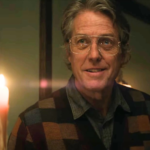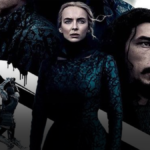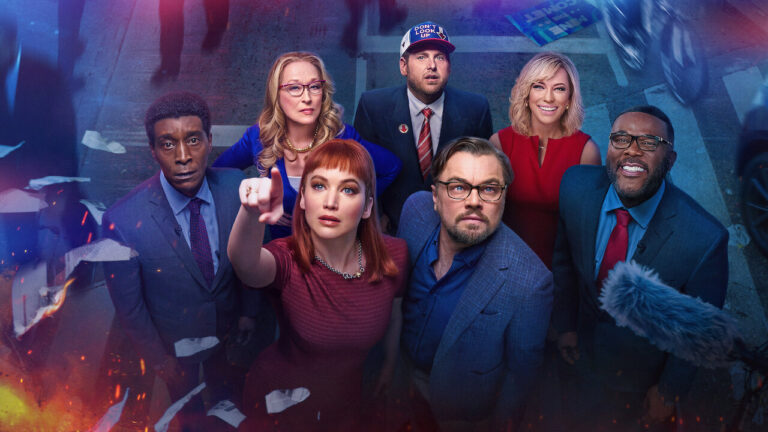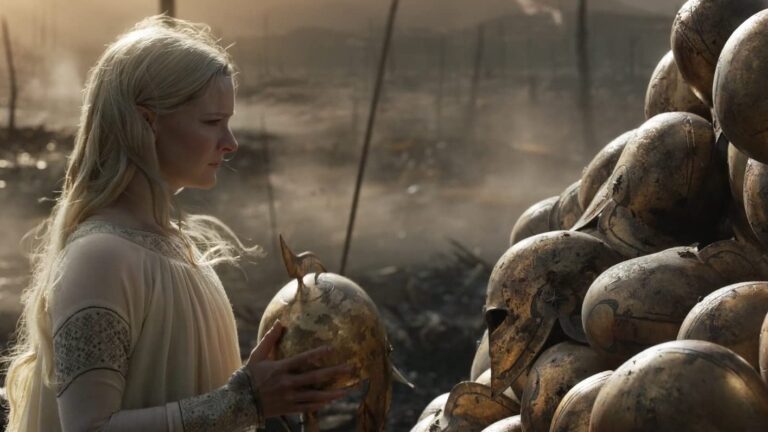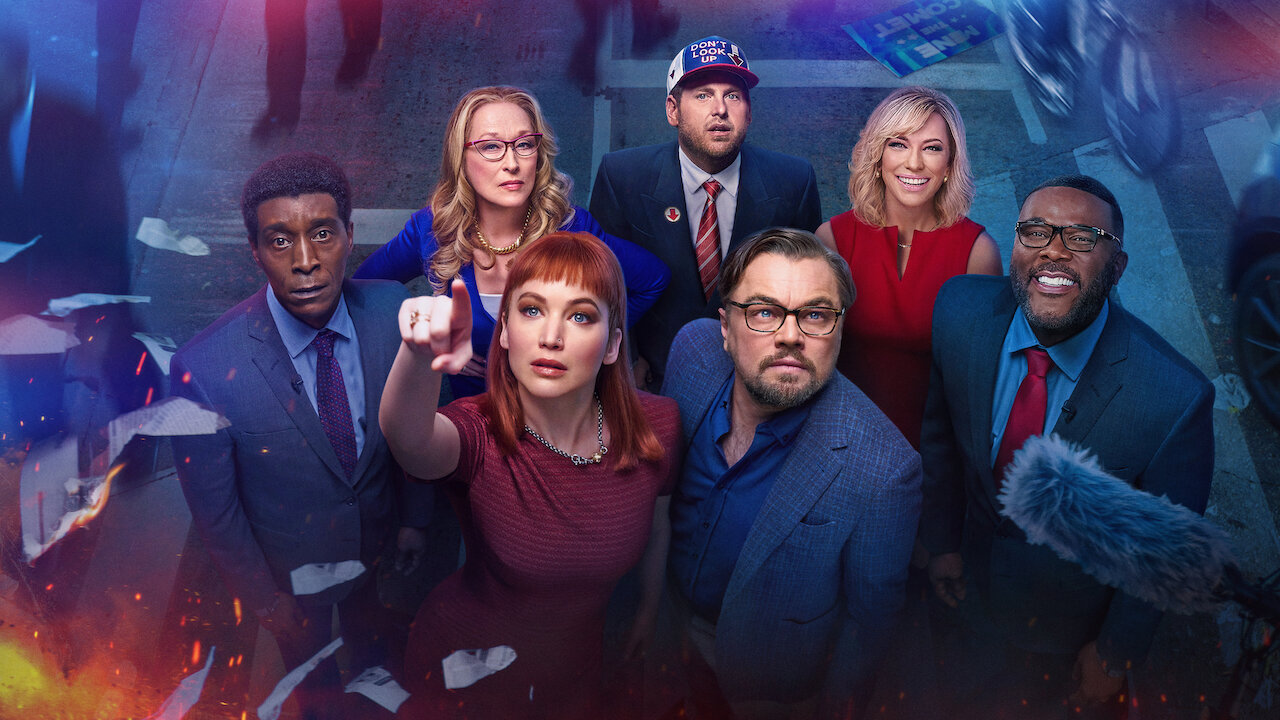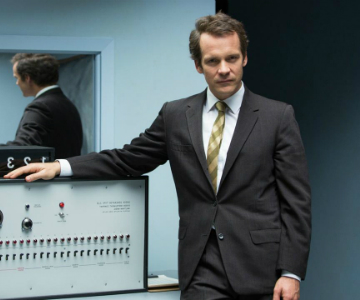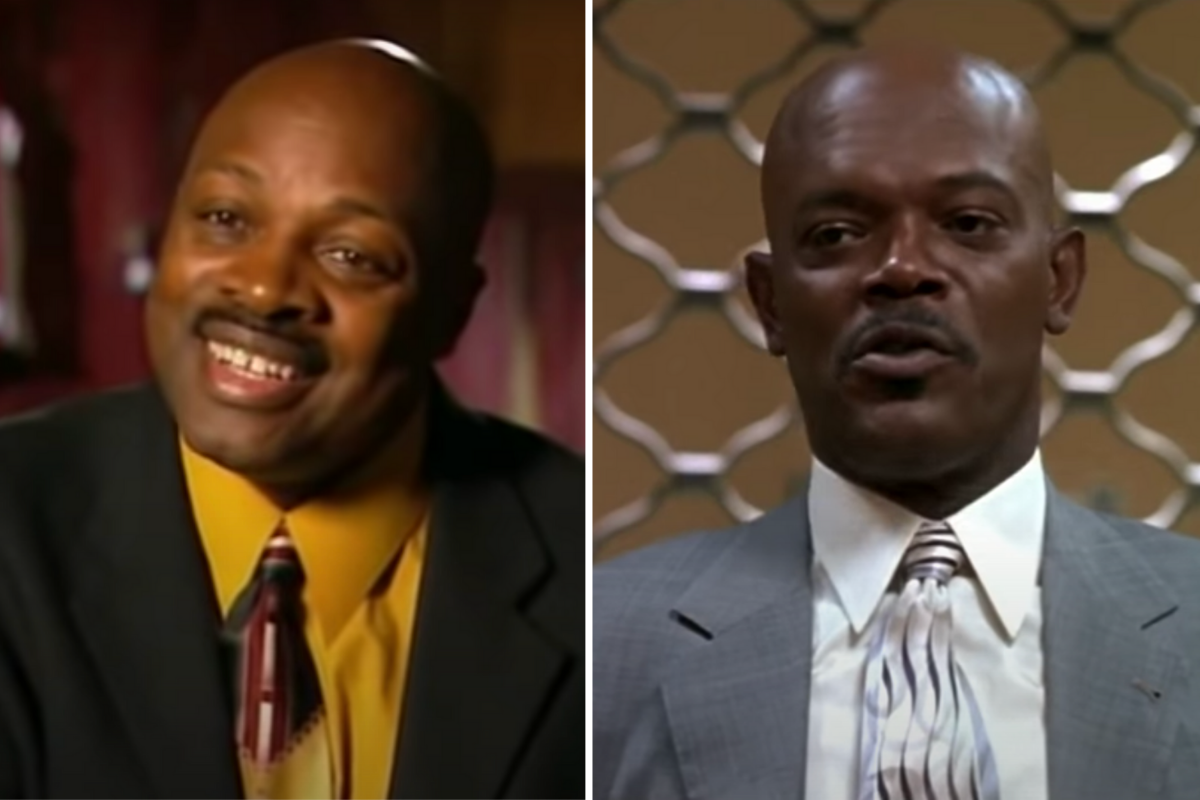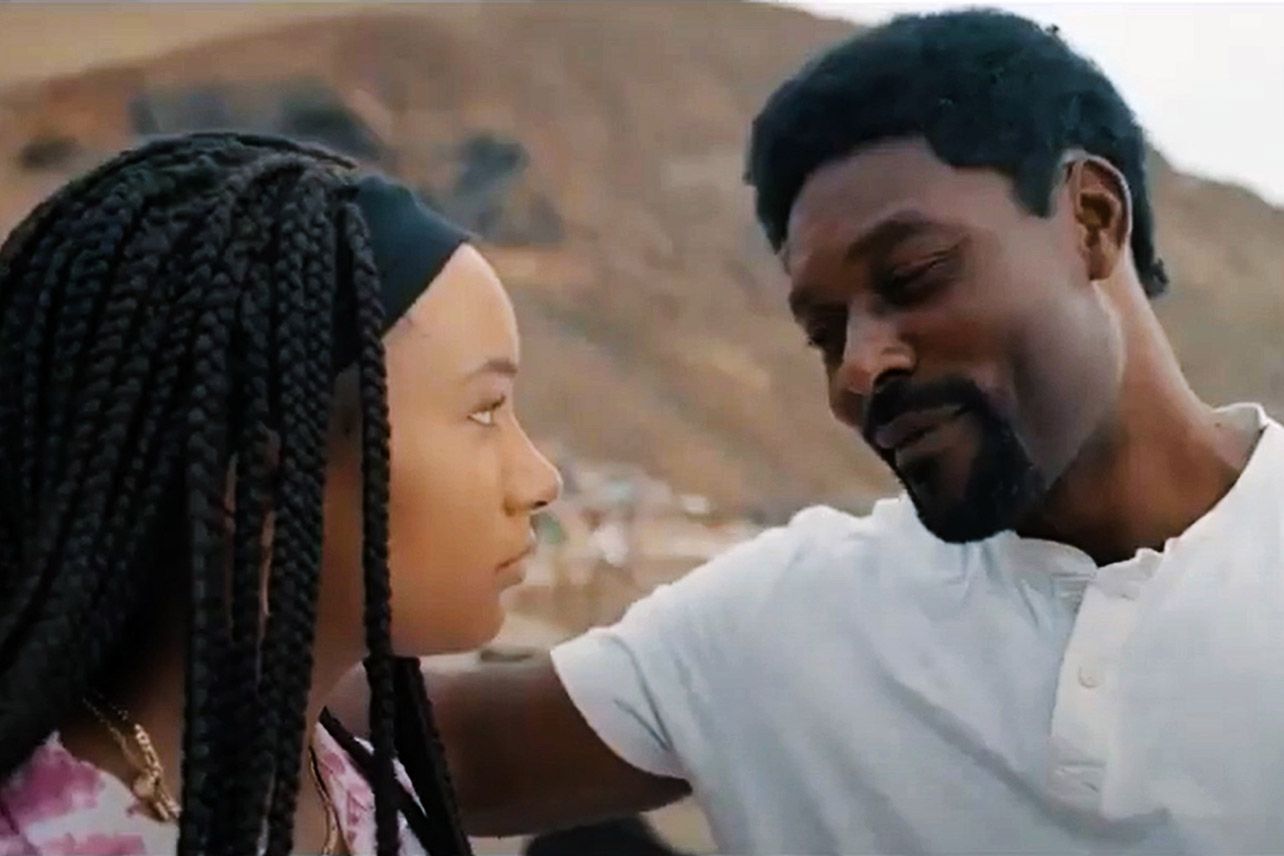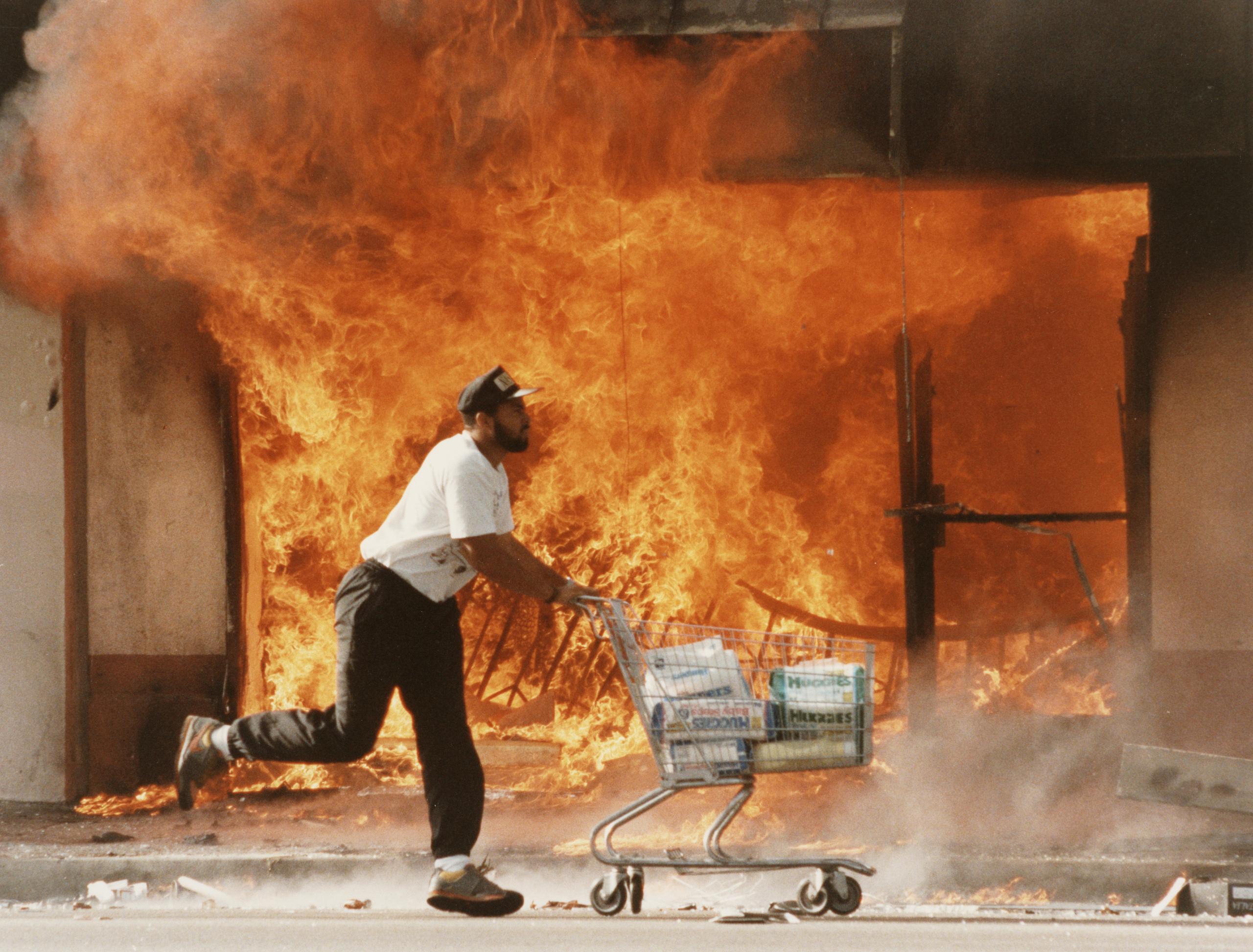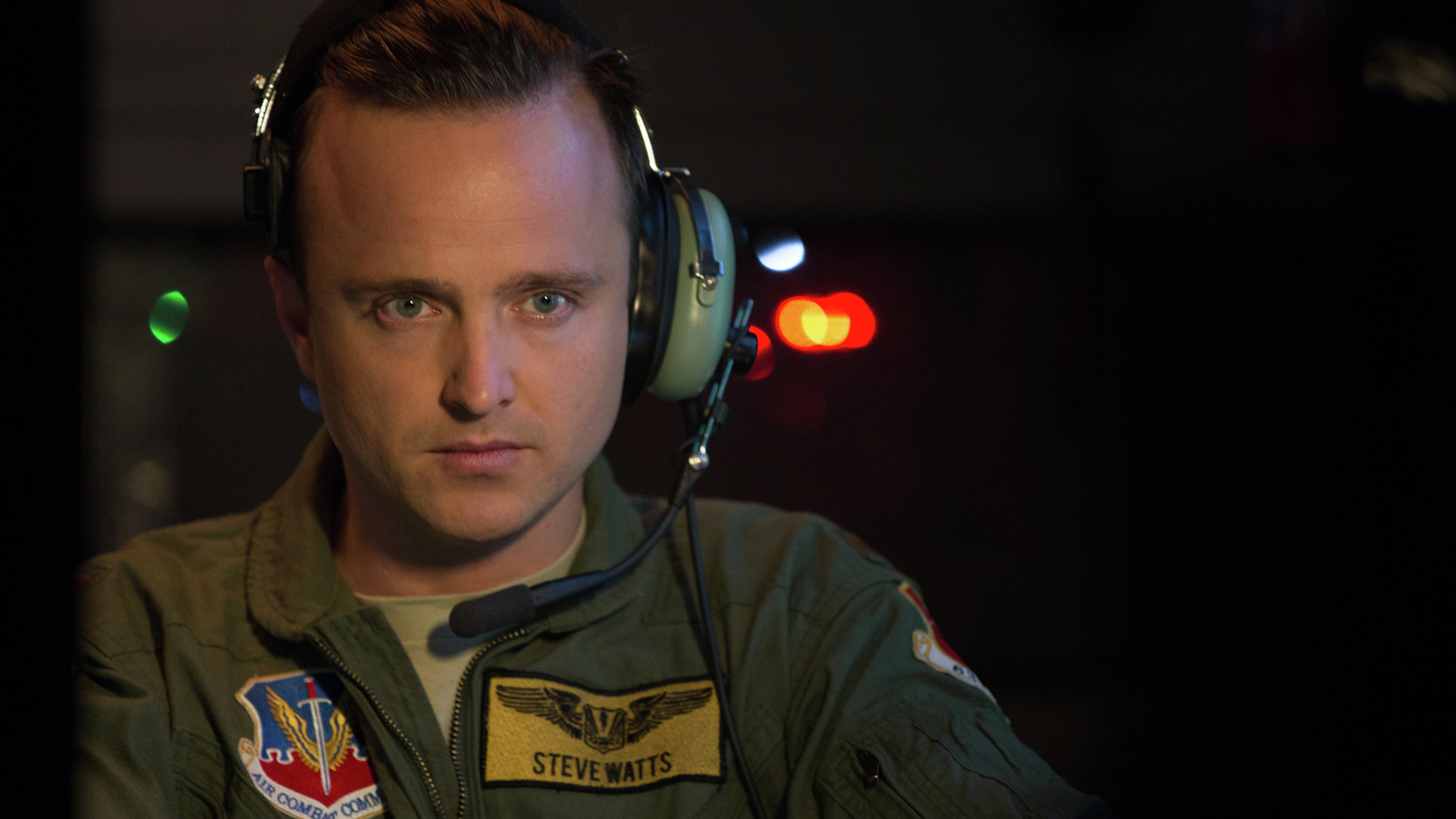
Eye In The Sky expresses the executioners’ guilt in the event of military collateral damage

Members of the deadly terrorist group al-Shabaab prepare to set off on a mission to bomb what was forecasted to be a shopping mall. Predicted possible deaths resulting from this attack are predicted to be around 80 people. At this time, British intel is monitoring these activities, and a golden opportunity presents itself to blow up the building housing these terrorists. At the same time, they prepare to go on this mission. It couldn’t be a better time to strike, considering that all the individuals they had on their most-wanted list were simultaneously in the same building. The intel set a drone to blow up this building, and as they are ready to pull the trigger, a little girl sets up a table in the backyard of the building where she is about to start selling bread.
If they are to proceed with this drone strike, they will succeed in killing terrorists and averting the deaths of 80 people, but the only problem is that they would also have killed an innocent little girl. This tension is such that the average viewer of the movie Eye In The Sky would feel if they had to sit through the film.
This story has many moving parts, but one particular area of interest was that of Steve Watts, played by Aaron Paul, a drone operator of the hellfire missiles that would see the end of these terrorists with the simple flick of his trigger finger. He is also not spared that he is aware of the whole situation, including that his trigger finger could bring the death of an innocent little girl who just left her house to sell her bread. The painful part is that Steve (Paul) has no say in the matter because he is just doing his job.
Any individual who has worked in a company would probably have occupied a job role. This job role will require that an individual perform specific, clearly outlined tasks. And chances are a boss will marshall out the orders or share tasks that must be completed by the owner of the job role. The issue is that there are job roles that lead to terrible outcomes, like the Nazi soldiers that would lead women and children to their deaths in a gas chamber. Most of these soldiers would have woken up in the morning as Steve wakes up in this film and sets off to a regular workday. Although they could be aware of the potential occupational hazards that could accrue at work, it is questionable that they will be in total support of the decisions that their superiors have agreed to. The only problem is that they are responsible for carrying out the tasks; in most cases, they will feel guilty about the outcome.
Stanley Milgram, an American Social Psychologist best known for what would come to be known as the Milgram Shock experiment, which the movie The Experimenter showcases in more detail. Milgram describes something that he refers to as the agentic state, which is said to happen when an individual carries out the orders of an authority figure. The inference is that they are acting as an “agent” and generally should not be responsible for their direct actions. This obedience is typically required to maintain order within an organization or business, considering that workers should have a no-questions-asked approach in executing their job role. But what about when the outcome leads to something unpleasant? Just as we see in Steve’s situation, where authorities deliberate on decisions that could result in the death of an innocent little girl.
Anyone can work in a cigarette or gun manufacturing company even though guns and cigarettes potentially kill people. Should the workers feel guilty whenever they hear about a mass school shooting or people dying from cigarette smoking-related illnesses? How a person feels will boil down to the individual’s moral compass. There are those willing to work specific jobs, and others are unwilling. The tension expressed by Steve in this film when he realizes that his action could kill a little girl reflects the kind of person he is, someone who, if possible, was willing to challenge his chain of command to avert the impending death of an innocent girl. If the end of a little girl is not his responsibility, then the soldiers that worked the Nazi death camps can, in a similar fashion, say that the death of the Jews was not their responsibility. History shows that this is what they did. Adolf Eichmann said during the Nuremberg trials, “I couldn’t help myself; I had ordered, but I had nothing to do with that business.” Eichmann maintained that he had not broken any law, and if one were to understand their laws at the time, he probably didn’t break any. It appeared to be a societal norm for the Jews to be exterminated then, and he obeyed orders.
Aaron Paul’s role in Eye In The Sky depicts an extreme scenario of an occupational hazard. A job that may require one to play the part of the executioner may have one believe that he is doing the state service by wiping out their enemies, the same way that Steve believed that he was doing good work by wiping out Al-Shabbab terrorists. Still, when collateral damage involves an innocent little girl, and one is responsible for pulling the trigger, it will be challenging to stay blind to a bit of blood on one’s hands.


